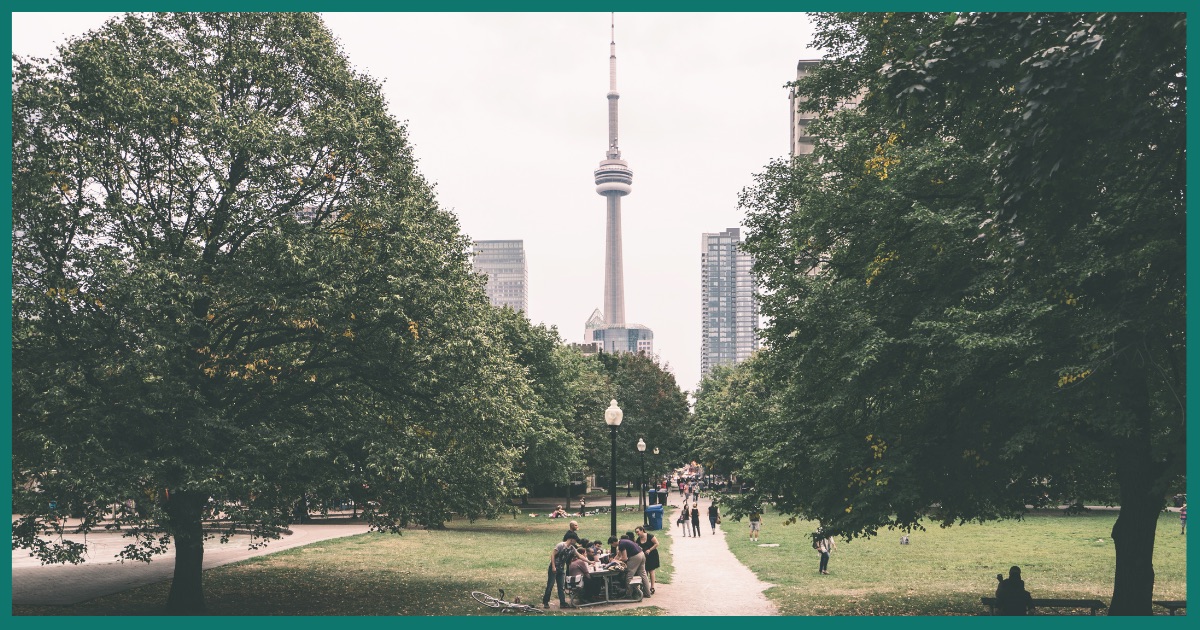How to Get Sober: A Realistic, Step-by-Step Guide for Canadians
By Sophie Solmini
Founder, ICADC, MATS, NCRC

Clinical Context: This article is reviewed by a Certified Alcohol and Drug Counsellor. It provides educational information and is not a substitute for professional medical advice.
If you are asking the question, 'How do I get sober?', please take a moment to acknowledge the incredible courage that question holds. It is a moment of profound honesty,a whisper of hope that a different life is possible. For many Canadians, the path forward feels like a mystery, clouded by intimidating images of hitting 'rock bottom' or having to leave your life behind for a 30-day program. We want you to know that is a very outdated, and often unhelpful, picture of recovery.
Getting sober is not a single, dramatic event. It's a quiet, personal process of building a new life for yourself, one step at a time. There is no one 'right' way to do it. The only recovery plan that works is the one that is built for your unique life, your needs, and your goals. It’s about creating a life that you don’t feel the need to escape from.
At Heal@Home, our entire mission is to provide a clear, compassionate roadmap for this journey. This guide will walk you through the essential, evidence-based steps to building your personal sobriety plan, helping you understand your options and take control, no matter where you are in Canada.
Step 1: Your Safety is Everything
Before you do anything else, let's talk about your physical safety. This is the most critical and non-negotiable step in the entire process.
If you have been drinking heavily and consistently, your body has adapted to the presence of alcohol. Stopping suddenly can be a shock to your system, causing Alcohol Withdrawal Syndrome (AWS), which can be incredibly distressing and, in some cases, truly life-threatening.
The anxiety, the shakes, the nausea,these are not signs of weakness. They are signals from your body that it needs medical support. This is not something to tough out on your own. Your very first conversation should be with a medical professional.
A safe recovery begins with a safe withdrawal, and for most people, this means a medically-supervised detox. This is a profound act of self-care. It doesn't have to mean a public facility; modern options like a private at-home detox provide a hospital-level standard of care in the comfort and dignity of your own home.
Step 2: Give Your Brain a Helping Hand
Once you are medically stable, the journey continues. In early sobriety, it can feel like you are fighting a constant, exhausting battle with your own mind. Cravings can feel overwhelming, appearing out of nowhere. Please know, this is not a moral failing; it's a matter of brain chemistry. Long-term alcohol use rewires the brain's reward system, and it takes time and support for it to heal.
This is where Medication-Assisted Treatment (MAT) can be a powerful and compassionate tool. Think of it as giving your brain the support it needs to level the playing field. These are scientific tools that help rebalance brain chemistry and significantly reduce the 'noise' of cravings. This gives you the mental space and freedom to focus on the real work of recovery. Understanding the difference between medications like Naltrexone and Acamprosate can empower you to have a more informed conversation with your doctor.
Step 3: Heal the 'Why' Behind the Drinking
For most of us, drinking isn't the real problem,it's the solution we've been using for another problem. It becomes a coping mechanism for stress, anxiety, trauma, loneliness, or a deep sense of unease. A truly lasting recovery means building a new toolkit of healthier coping mechanisms. Therapy is a safe, confidential space to be truly heard, and learning about what kind of therapist specializes in addiction is a crucial step in finding someone who can provide you with the right tools to build a resilient and fulfilling life.
Step 4: You Don't Have to Do This Alone
One of the most painful parts of struggling with alcohol is the deep sense of isolation it creates. The feeling that you're the only one going through this is a heavy burden to carry. Reconnecting with others is a fundamental part of healing.
- Publicly-Funded Services: For those in Ontario, a key resource is ConnexOntario, a free 24/7 helpline. Canadians in other provinces can find similar resources by searching for their regional health authority.
- Peer Support Groups: The simple act of connecting with people who truly understand is incredibly powerful. Groups like SMART Recovery and Alcoholics Anonymous (AA) are available everywhere and are free to join.
Building a Plan That Fits Your Life
Looking at these steps, you can see how to build a comprehensive plan. The powerful truth of modern recovery is that this entire framework can be built without a month-long, residential stay. There are effective alternatives to traditional rehab that allow you to get well without putting your life, your career, or your family on hold.
Your First Step is a Conversation
Getting sober is a journey of coming home to yourself. If you're a Canadian looking for a modern, private, and medically-supervised approach that honors your real life, our team at Heal@Home is here. It all starts with a single, confidential chat to learn about your options.
Interested in our Program?
Our team provides a private, 12-week protocol designed to help you regain control from home.
Speak with our Team